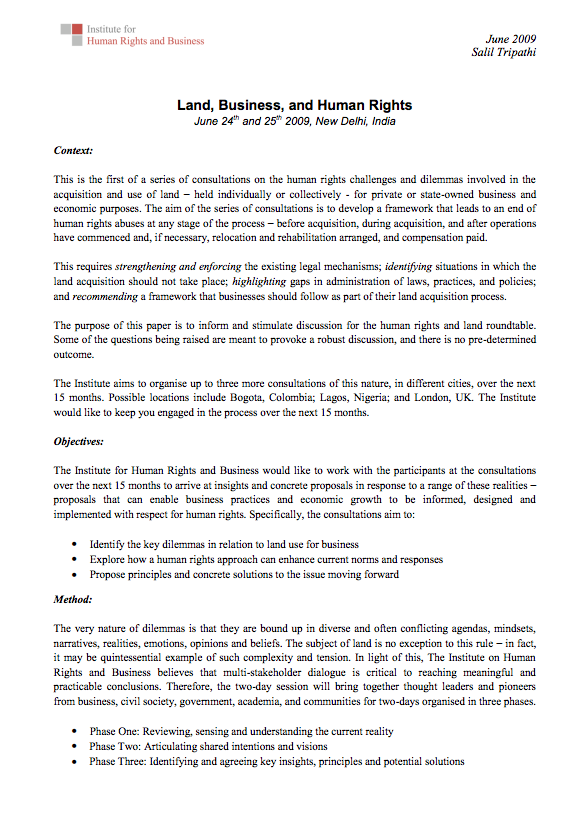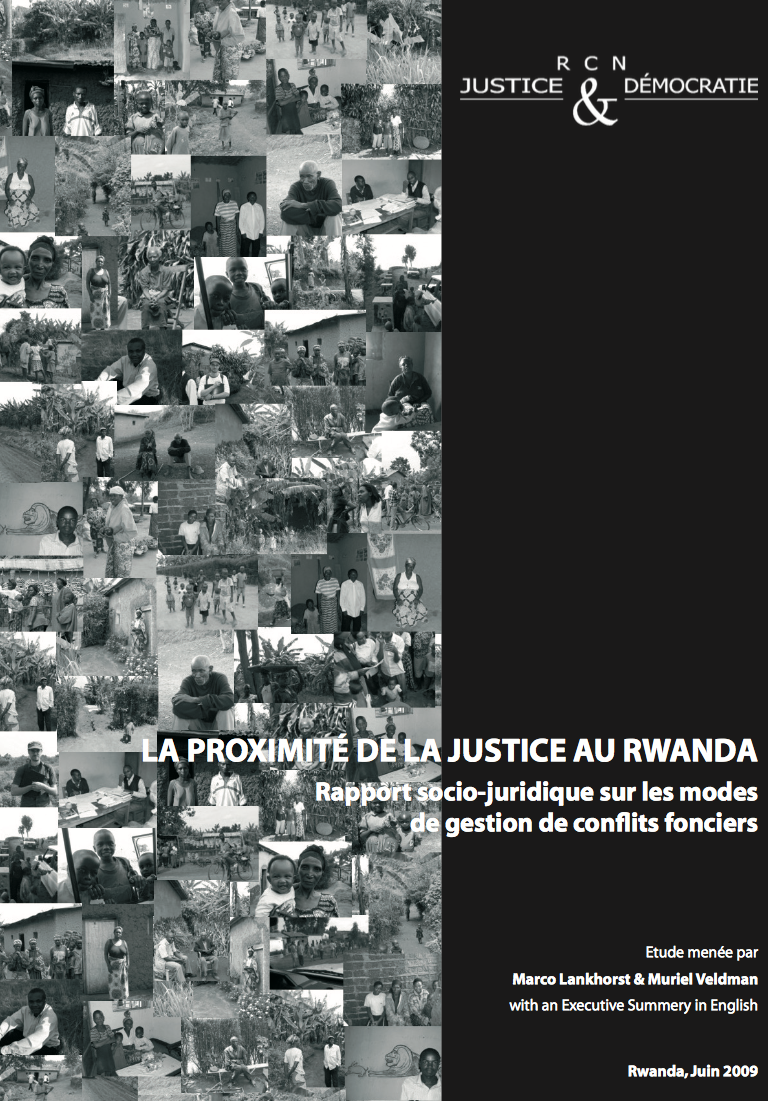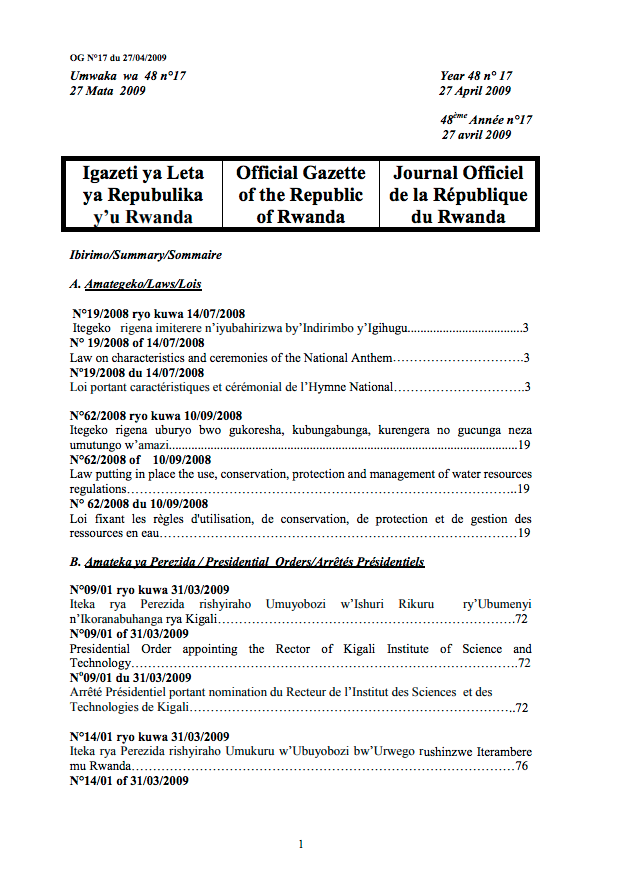The LAND Project is a five year program supported by the United States Agency for International Development (USAID). Its primary goal is strengthening the resilience of Rwandan citizens, communities and institutions and their ability to adapt to land-related economic, environmental and social changes.
Resilience is defined as “the ability to withstand or recover from difficult conditions.” It also comprises the ability of human and ecological systems to recover from shocks or difficult changes, and to transform to a better condition by responding flexibly and creatively to stress factors. In Rwanda, land tends to be one of the primary assets citizens rely on to buffer against difficult conditions and rapid change.
The project’s central objectives are twofold:
1.Increased capacity of local Rwandan institutions to generate high quality, evidence-based research on land-related issues that can be used by the Government, civil society organizations, and Rwandan citizens.
2. Increased understanding of land laws, policies, regulations, and legal judgments on land-related issues by GOR officials, local civil society organizations, research institutes and citizens.
Key outcomes of the project include:
- Holding annual National Land Research Agenda workshops to establish the research priorities of land sector stakeholders that the LAND Project will support. These workshops bring together multiple stakeholders from government, civil society and the research community;
- Supporting research on land-related issues through competitive awards to Rwandan research institutions, universities, and civil society organizations, and providing tailored capacity building assistance to improve research and advocacy capabilities;
- Offering training and other support to legal assistance providers to enhance their capacity to support women and vulnerable populations in understanding and realizing their land rights;
- Training local land authorities on the implementation of the land law and regulations.
- Carrying out research on critical land issues, including gendered land rights in practice, community rights to resources in and around protected areas, and expropriation.
- Managing a land-focused website to improve research, communications, and policy advocacy efforts that are focused on land, and to act as a vehicle for enhancing collaboration between actors working in the land sector;
- Providing organizational development support to civil society organizations supporting women’s land rights.
- Supporting innovative and coordinated communications approaches by civil society and government that enhance the knowledge of Rwandan citizens about research findings and their land rights.
Because the LAND Project is a five year endeavor, we are seeking an institution that has the interest, capacity, skills and resources to eventually take over hosting and maintenance of the website, ensuring it stays up-to-date and relevant to the land sector stakeholder community. If your organization is potentially interested in assuming management of this site, please contact us and tell us why you believe your institution would be an ideal candidate.
Members:
Resources
Displaying 81 - 85 of 149Land, Business and Human Rights
This is the first of a series of consultations on the human rights challenges and dilemmas involved in the
acquisition and use of land – held individually or collectively - for private or state-owned business and
economic purposes. The aim of the series of consultations is to develop a framework that leads to an end of
human rights abuses at any stage of the process – before acquisition, during acquisition, and after operations
have commenced and, if necessary, relocation and rehabilitation arranged, and compensation paid.
GIS Model for the Land Use and Development Master Plan in Rwanda
This thesis was aimed at the development of a Geographical Information System (GIS) based model to support the Rwanda Land Use and Development Master Plan. Developing sustainable land management is the main task of this master plan. Stakeholder’s involvement was of key importance. Their demands should be analysed and visualised to support discussions and the decision-making process. Spatial Multicriteria Decision Analysis (MCDA) is a proven method for land-use planning purposes. However, most land-use planning applications focus on a specific theme, such as urban development.
La proximité de la justice: Rapport Socio-Juridique sur les Mode de Gestion de Conflits Foncier
Ce rapport, qui s’inscrit dans l’objectif du programme de RCN Justice & De?mocratie «Pour une justice de proximite? », pre?sente les re?sultats d’une e?tude des modes de re?solution de conflits fonciers par les syste?mes judiciaires et pre? judiciaires au Rwanda et propose des mesures pour rapprocher la justice de la population. Deux exemples peuvent servir a? introduire le genre de conflits fonciers typiques au Rwanda et les questions sociales que ces conflits soule?vent.
La proximité de la justice : Rapport Socio-Juridique sur les Mode de Gestion de Conflits Foncier
This study evaluates the level of access to justice and the quality of the justice rendered in Rwandese land dispute resolution and marks pathways to improvements in the benefits that those seeking justice may derive from the system. The analytical concept of proximity of justice provides the organising principle for our study and the present report.
Ministerial Order N° 001/16.01 of 16/03/2009 Modifying Ministerial Order N° 01/16/00 of 19/09/2001 Modifying Rates for Renting and Selling State Owned Land.
Ministerial Order N° 001/16.01 of 16/03/2009 Modifying Ministerial Order N° 01/16/00 of 19/09/2001 Modifying Rates for Renting and Selling State Owned Land.
Published on the 27 April 2009.





